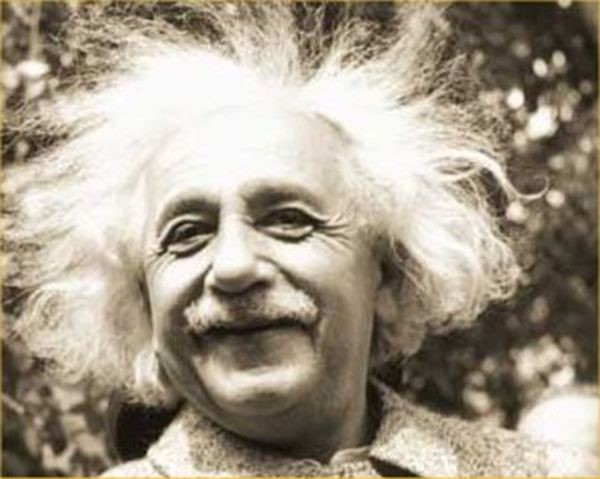
A few years ago, Laura Lee of The Futurist magazine catalogued some of the worst expert predictions in history. They included the following:
“Law will be simplified [over the next century]. Lawyers will have diminished, and their fees will have been vastly curtailed.” Better luck next century. That prediction was written by journalist Junius Henri Browne in 1893.
“It doesn’t matter what he does, he will never amount to anything.” That was the assured prediction of Albert Einstein’s teacher to Einstein’s father in 1895.
“It would appear we have reached the limits of what it is possible to achieve with computer technology.” That was the estimation of computer scientist John von Neumann in 1949.
“The Japanese don’t make anything the people in the U.S. would want.” In 1954, Secretary of State John Foster Dulles failed to foresee that I would be grateful for the Toyota and the Mazda in my garage this morning.
“Nuclear-powered vacuum cleaners will probably be a reality within ten years.” Alex Lewyt of the Lewyt Vacuum Cleaner Company said that in 1955.
“Before man reaches the moon, your mail will be delivered within hours from New York to Australia by guided missiles. We stand on the threshold of rocket mail.” That was the confident prediction of Arthur Summerfield, U.S. Postmaster General in 1959.
And finally, “I predict the Internet…will go spectacularly supernova and in 1996 catastrophically collapse.” That prediction was made by Bob Metcalfe of InfoWorld magazine in 1995.
There’s something marvelous about being an armchair quarterback and watching the experts get a few things wrong – until we enter the realm of religion.
That’s where we most crave precision about the future – certainty about what is going to happen to us tomorrow and what will be true of us at the end of life.
Followers of Jesus have long proclaimed that he is the foremost expert on reality. That includes the crucial subject of how we enter and sustain a relationship with God.
So, according to Jesus, what predictions can we make about the future? Here’s a pair of them:
First, if you don’t think God is approachable, available or worth knowing, you will not be drawn into a life of seeking God. All of us carry around a picture of God that vastly affects the way we think about ourselves and about the universe. Jesus declares that if we picture God the way he does – as a Father who is waiting to welcome us home after years of looking for unconditional love in all the wrong places – our spiritual life will be revolutionized.
Second, if we don’t intentionally make time to be with God, we will never accidentally find time to be with God. Spiritual vitality doesn’t just happen.
Every spiritual tradition confidently makes this prediction: Even if we know of God, we will never actually come to know God unless we make a decision – in fact, a series of decisions – that will lead us into spending time with God as a way of life.
Of course, you may choose to believe that’s not true.
In which case, I’ve got a nuclear-powered vacuum cleaner you can buy. Cheap.
